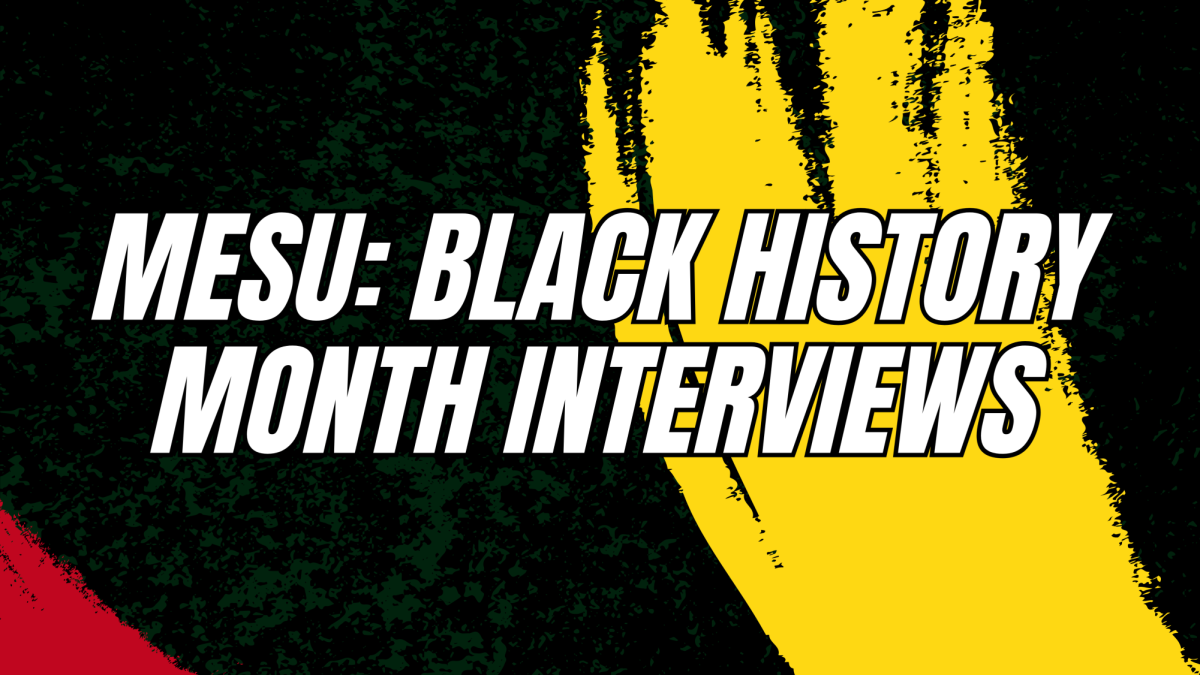May 8, 2019
In a perfect world, the candidates in any given election would satisfy all the members of their political party. In a perfect world, the candidate chosen to represent certain ideals would have stayed true to them since the day they were born. They would not have any missteps in their voting record, sacrificed what they knew to be morally right for what was financially convenient, nor made any mistakes in their personal life. But we do not live in a perfect world. Even more so, we do not live in a perfect nation. The United States is full of flaws, ranging from a history of grotesque oppression of many groups, to present-day platforms and agendas that rarely have everyone’s best interest in mind. The way to create a better, brighter future for all Americans is to put the best candidate in office, of course, but sometimes the best candidates just don’t get the nomination.
I am not one who believes that the primaries are for compromising or negotiating who would be the candidate that can appeal to the most voters. The idea of choosing one person over another because they have a better chance at bringing in the centrist vote or voters who feel misrepresented or isolated from their former party is not appealing whatsoever. I believe in putting your full strength and support behind the candidate who has the best ideas, the strongest stances on issues you care about most, the most flawless past possible. Not someone who “realistically” could win and doesn’t have a radical bone in their body. But that is in the primaries. That is when their competition is others who share similar views on most issues and the field is vast and diverse. In the general election, although I do certainly see how it is tempting to do a write-in, voting along party lines is the option to try and see the changes you wish to see take place in your country.
I don’t wish to advocate for blind voting or not caring who the candidate is representing your party. I do still think that they should not be allowed to be as corrupt as they wish and still expect a win because of voters who don’t hold their party to any standards at all, but I don’t think that those who reach the general election can be held to the same standards if they were in the primaries. It’s painful to say, but in the general election voters have to be able to be more forgiving than in the primaries. A name of a candidate who has made some mistakes over the course of their lifetime or doesn’t have a policy platform that completely lines up with what you see as the only way to solve the issues we face is an upsetting thing to see on the ballot, I agree, however, sometimes you have to set aside how you feel and just do what has the greatest potential of doing good in the world.
The act of voting isn’t about you. Yes it is your part in participating in our democracy, and yes that part is fairly limited, but it affects much more than just you. You must keep in mind the Americans who are greatly affected by the party in power, not the person. Minorities, those in the LGBTQ community, the incarcerated population, women, and those with physical or mental disabilities are generally better off with a Democrat in office, not with a particular person. I will not pretend that all Democrats are interchangeable and that no matter who they are, they’ll make the right decisions for all these groups without fail, nor will I pretend that the track records of recent Democratic presidents are exclusively made up of choices that promote justice for all. But doing your part in putting someone in office who has a much greater chance of protecting and increasing the rights and safety of these groups is still important, even if they may not do it the best of all of the original candidates of their party.
Doing a write-in or voting third party is not helping anyone but yourself. You may walk away from your polling station feeling a little bit better than if you had given your vote to someone who you don’t believe is 100% deserving of it, but I doubt that feeling can stay forever. When the results of the election are out and you see that you took part in allowing someone to reach the oval office who does not even remotely agree with you on any subject and will most likely make the lives of your fellow Americans much more difficult, regret is inevitable.
Not having the president you may have put in hundreds of volunteer hours for, excitedly talked to all your friends and family about, and genuinely knew in your heart would be the best for the future of the United States in office is tough. Nobody is saying it isn’t. But what’s even tougher for those who you share this country with is knowing that they and their loved ones are going to have a more painful next four years of their lives due to your wishes of remaining morally untainted by an imperfect vote.
















































